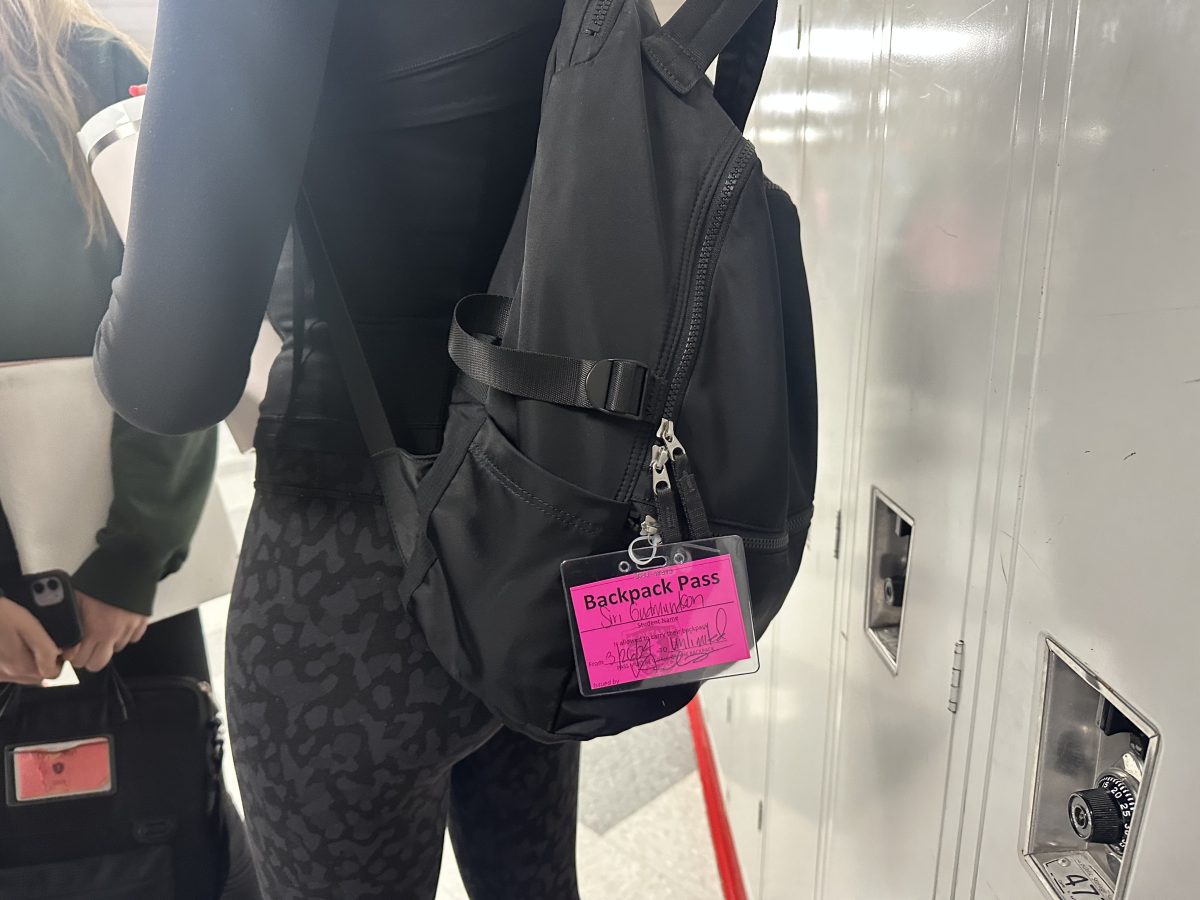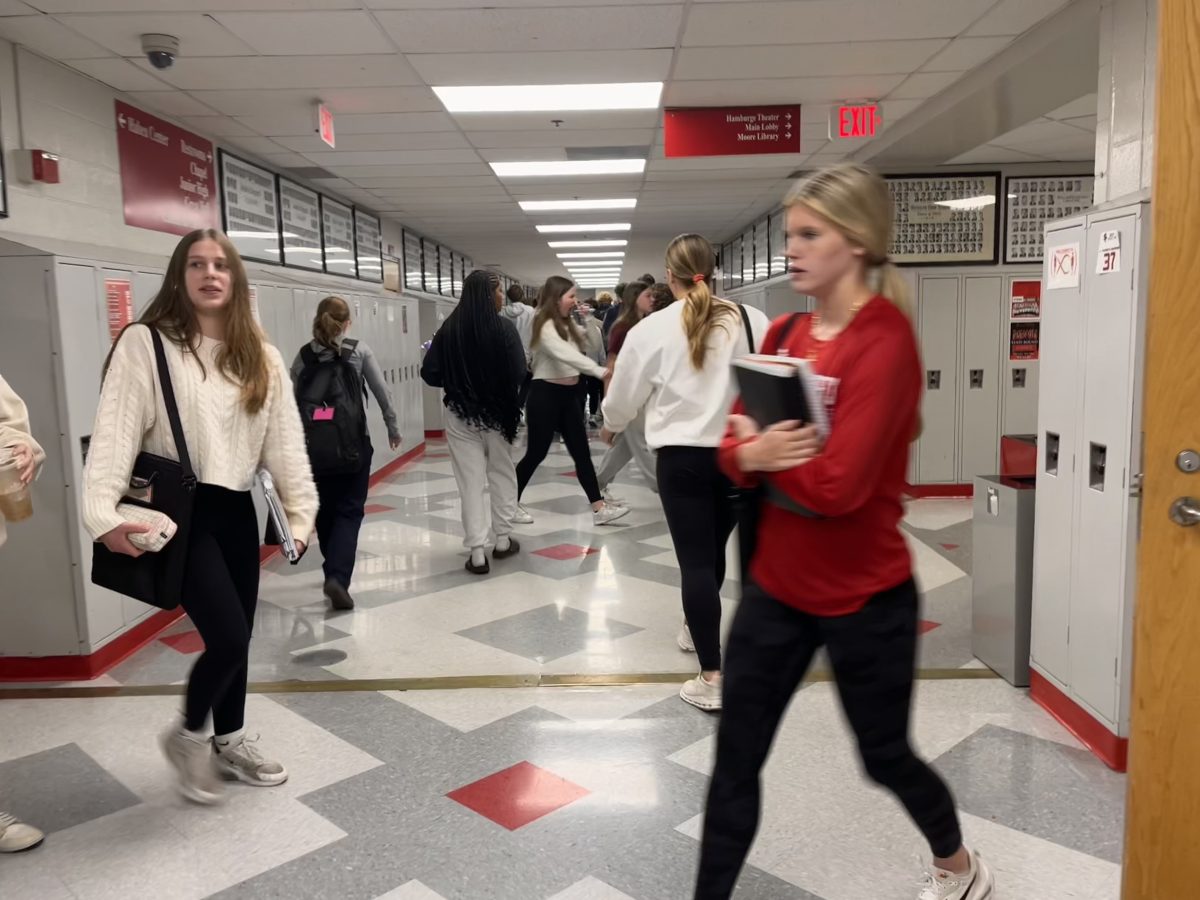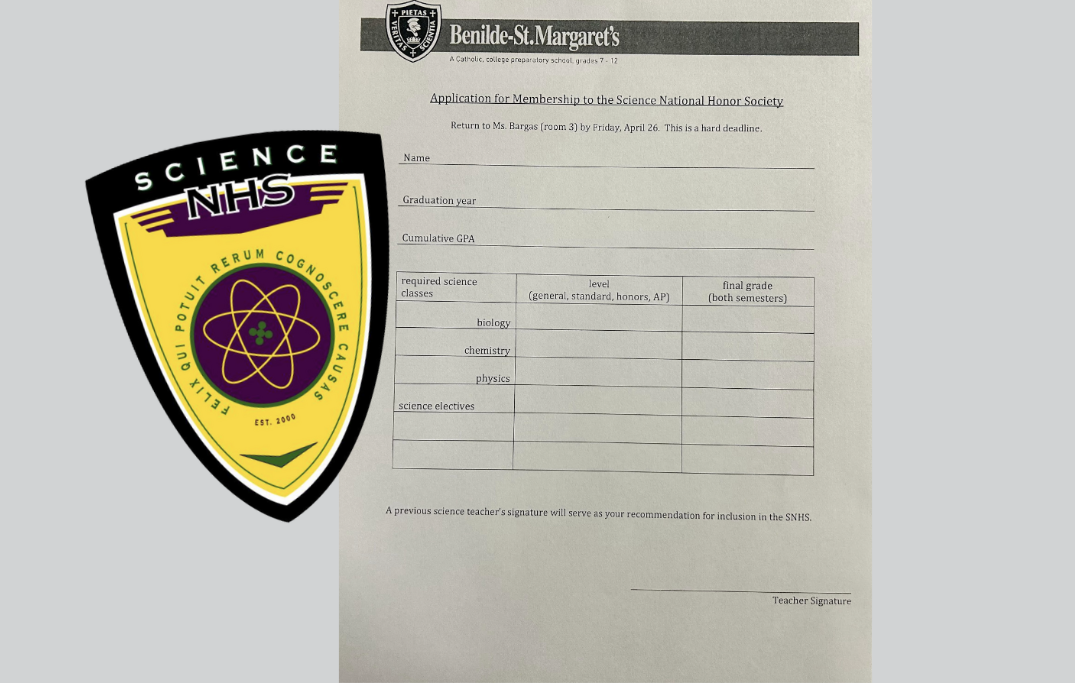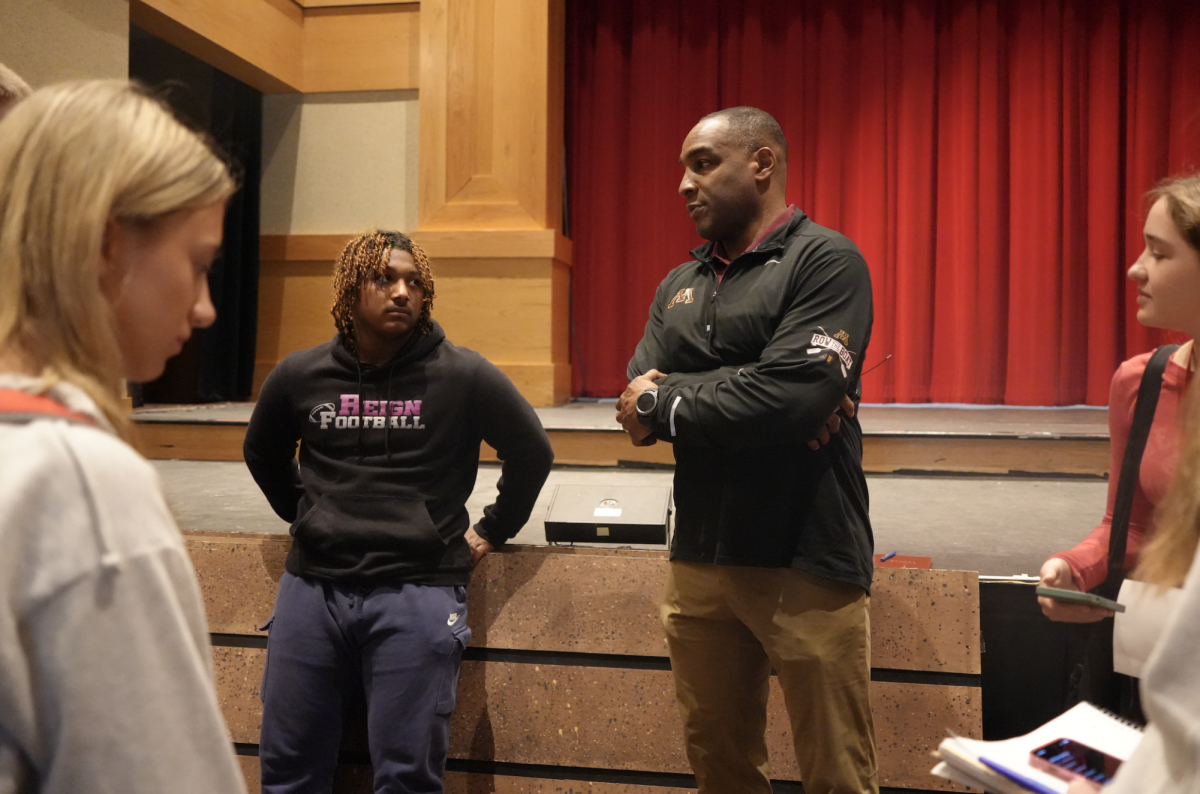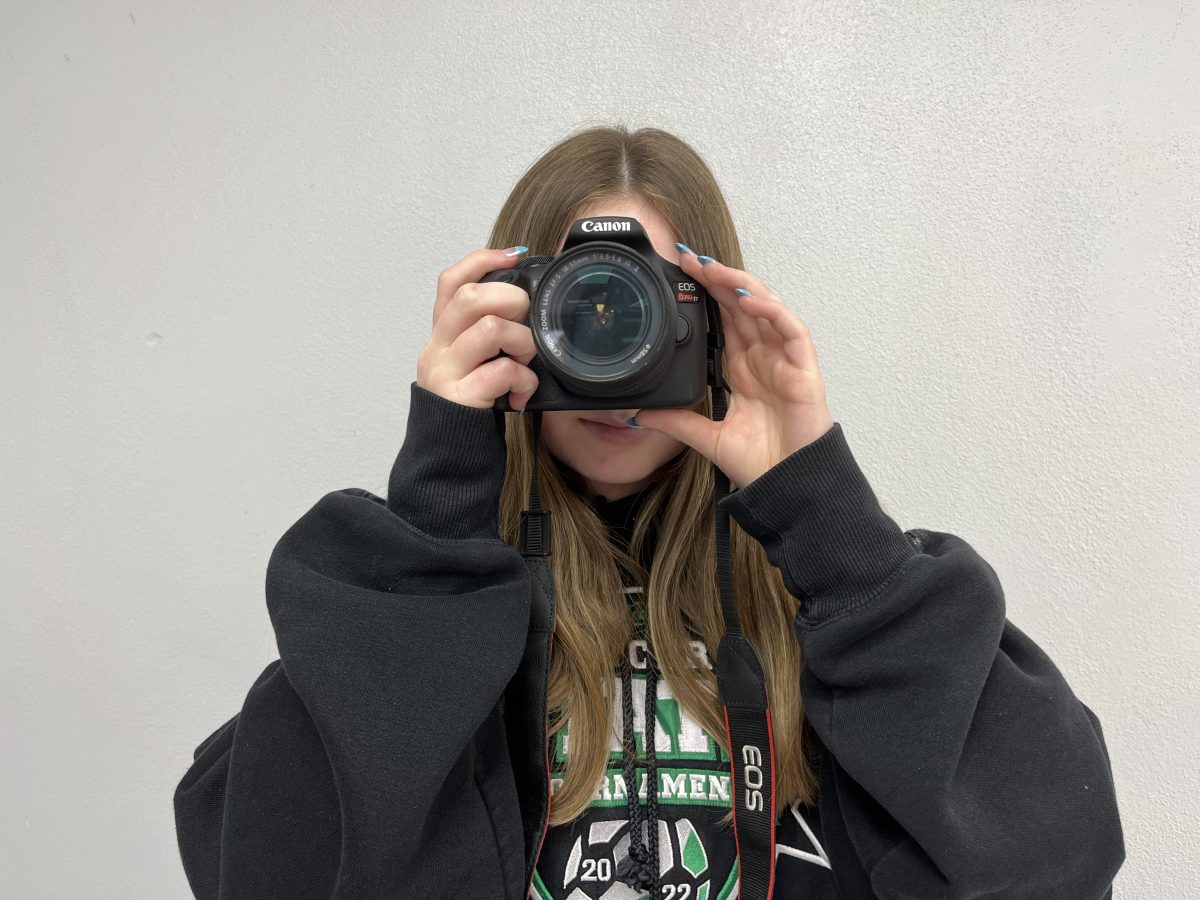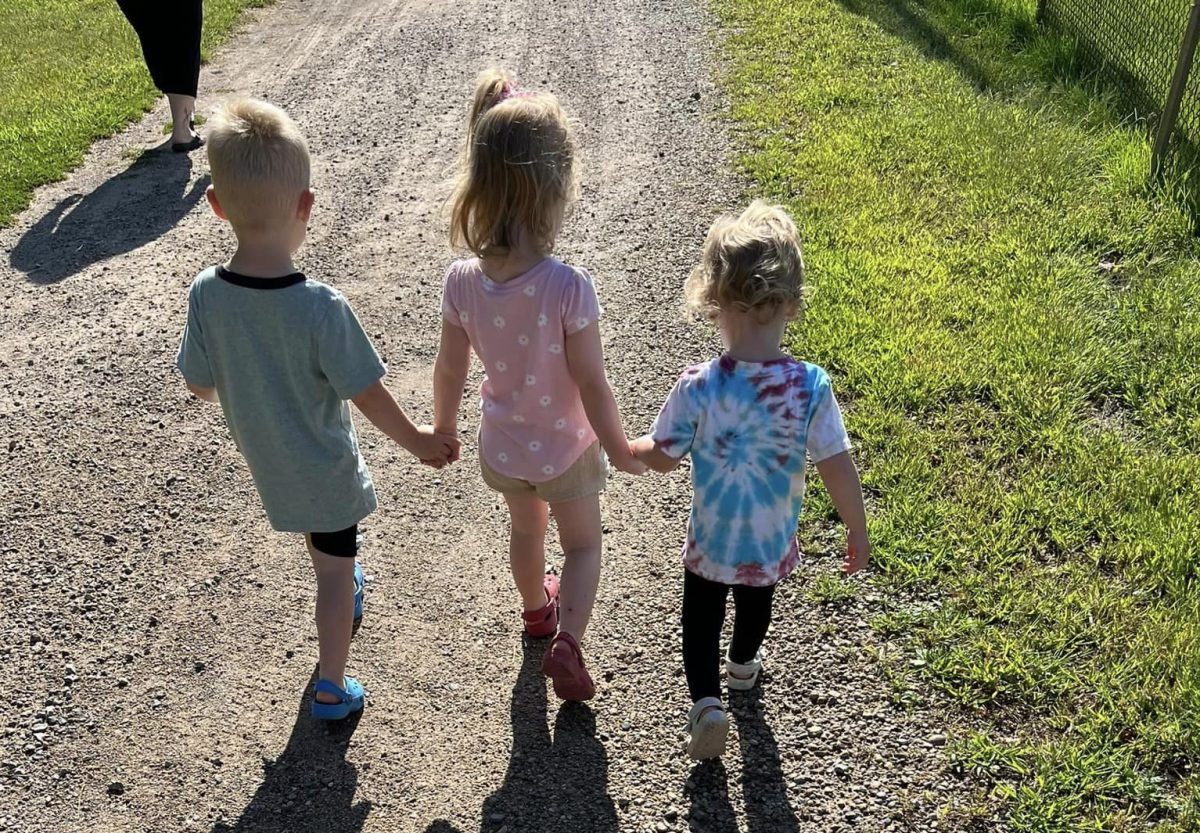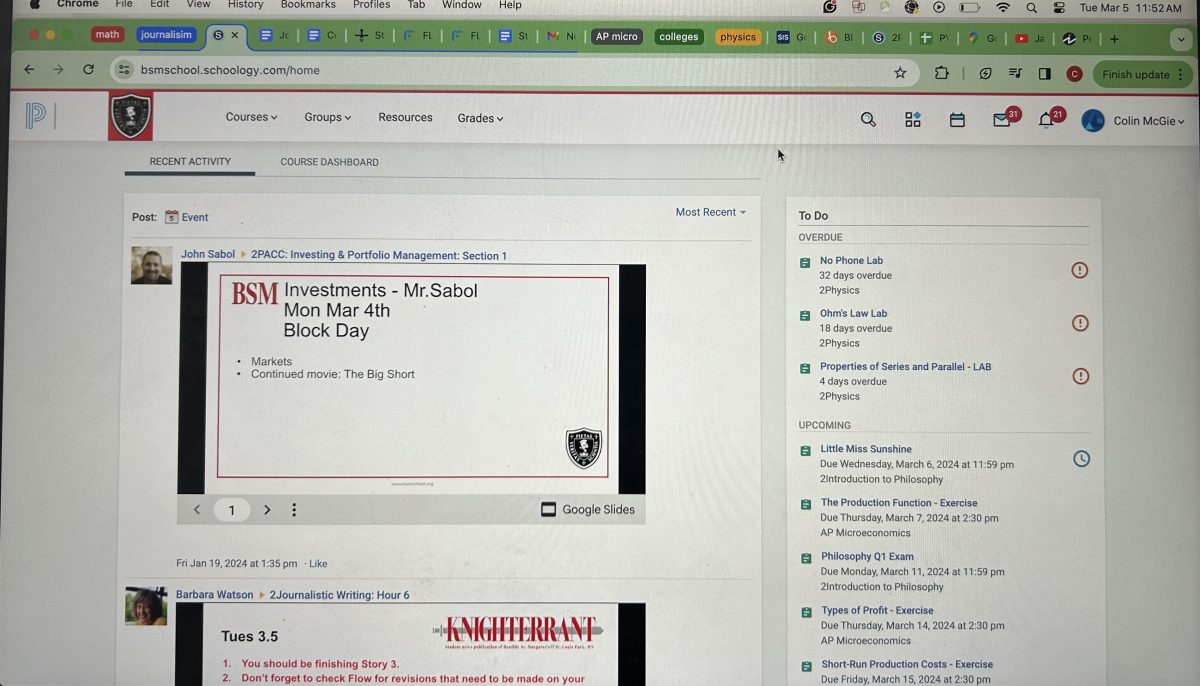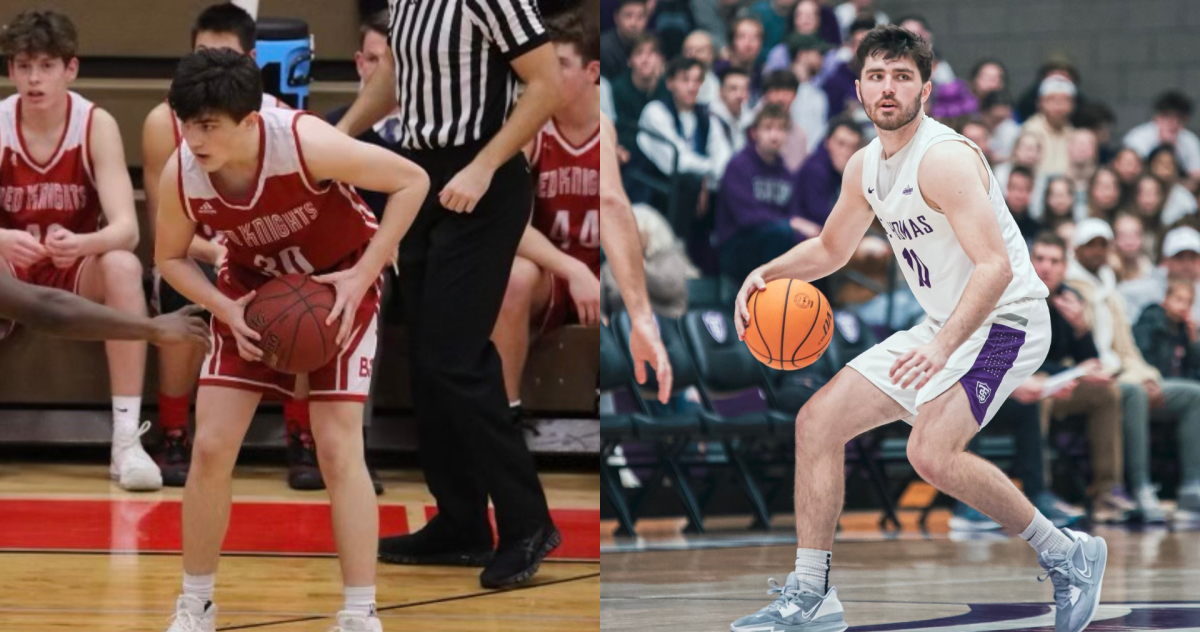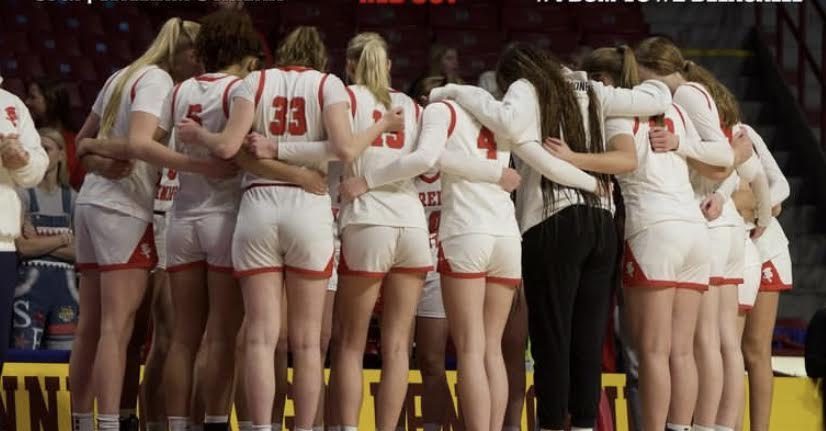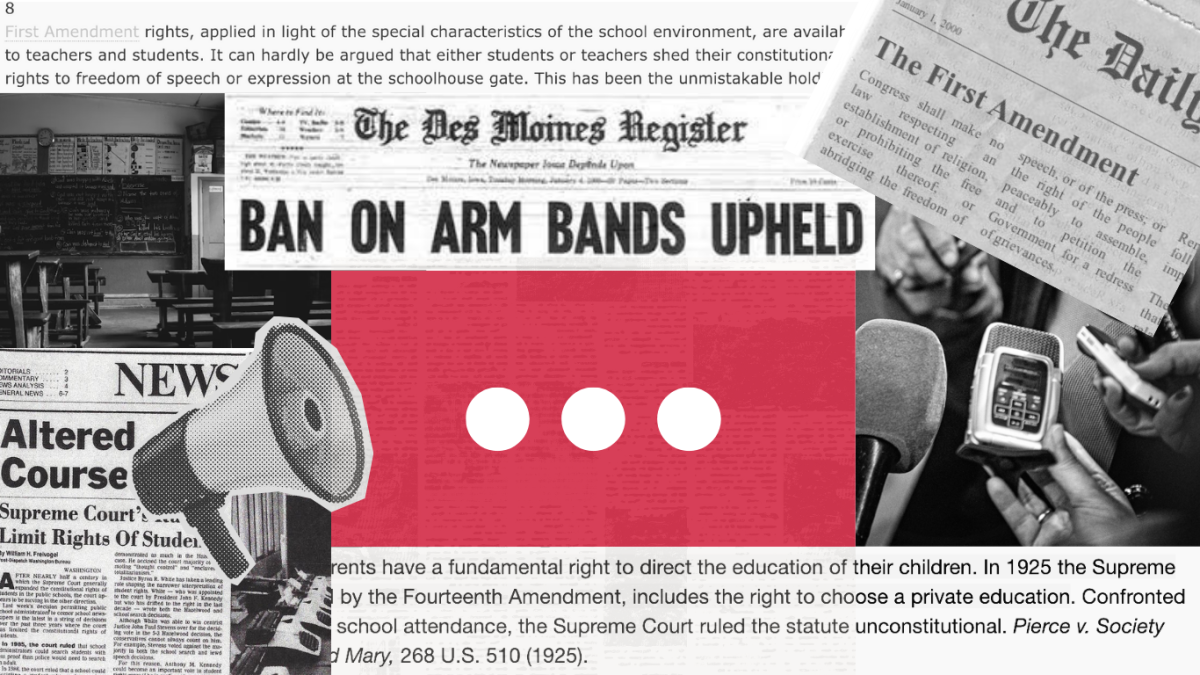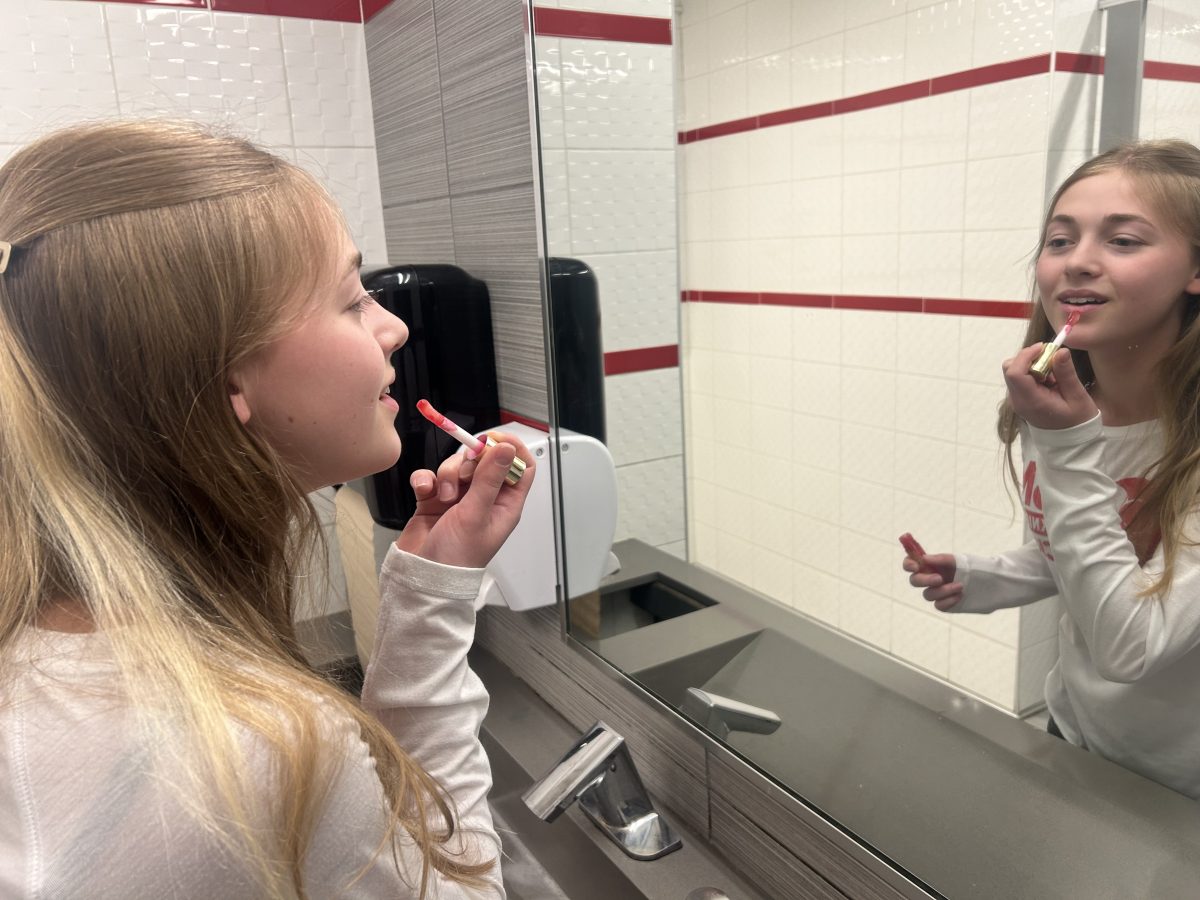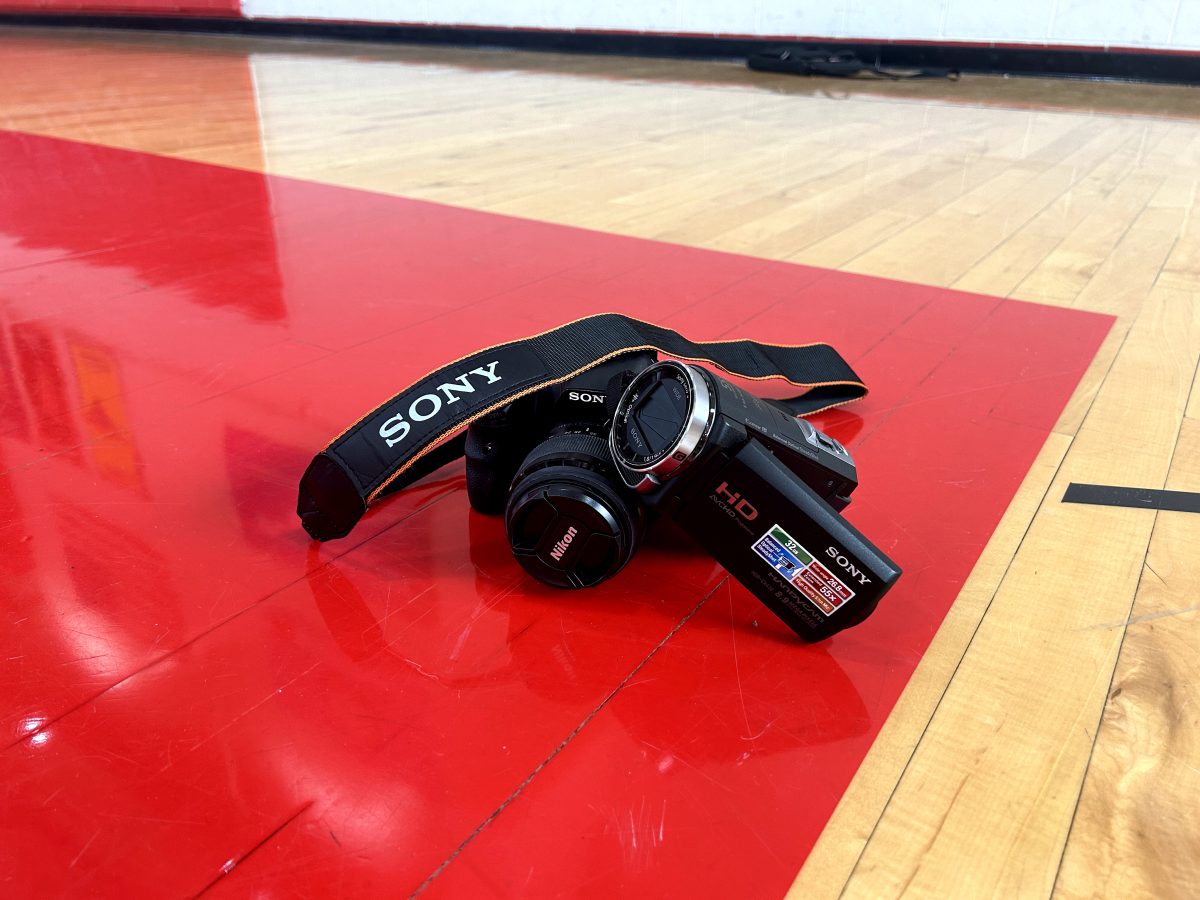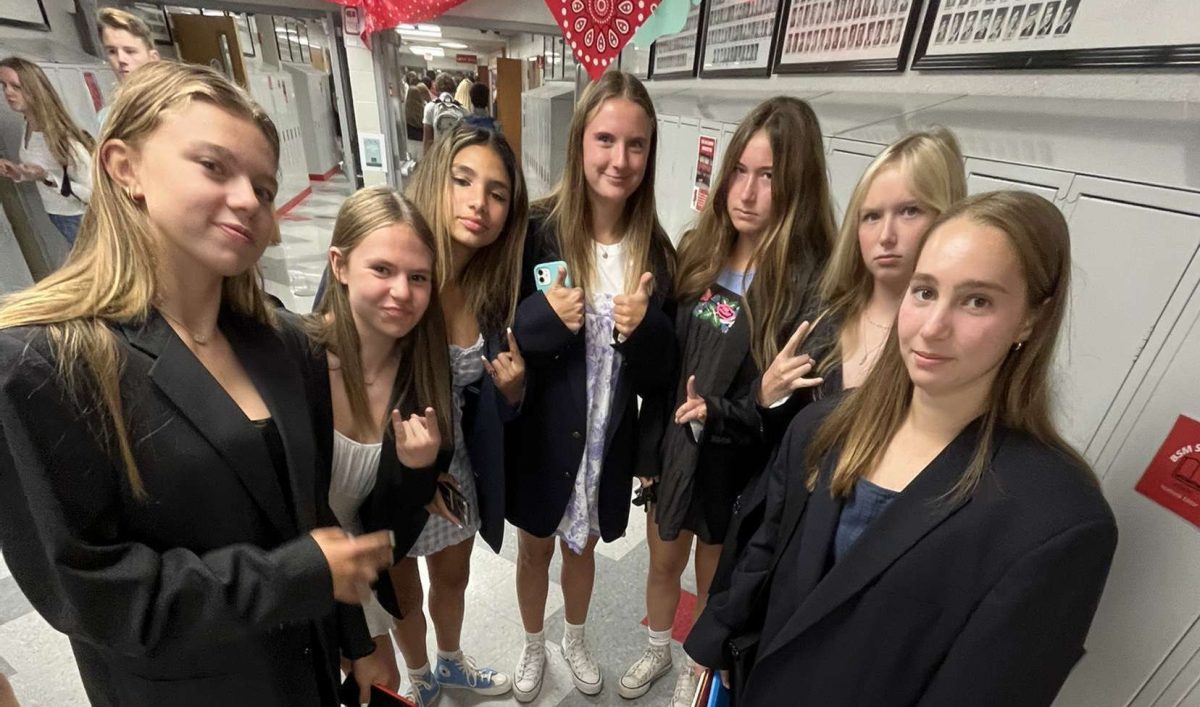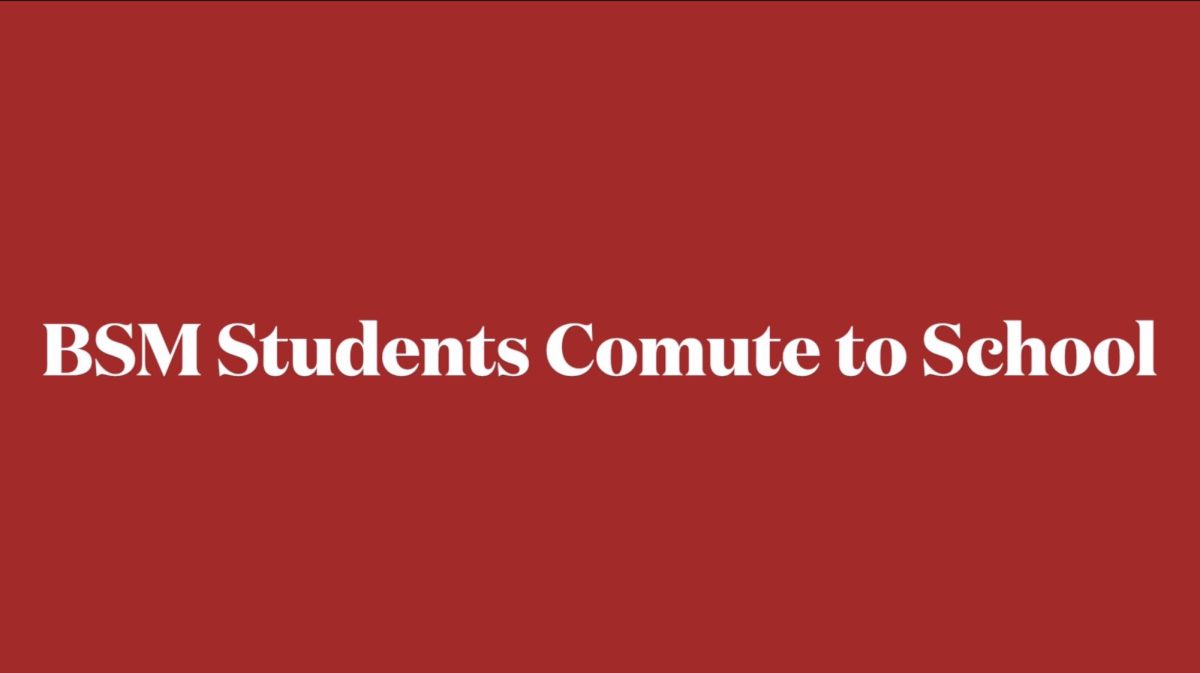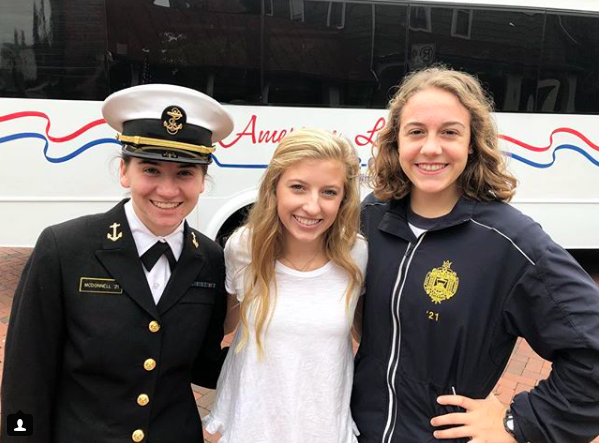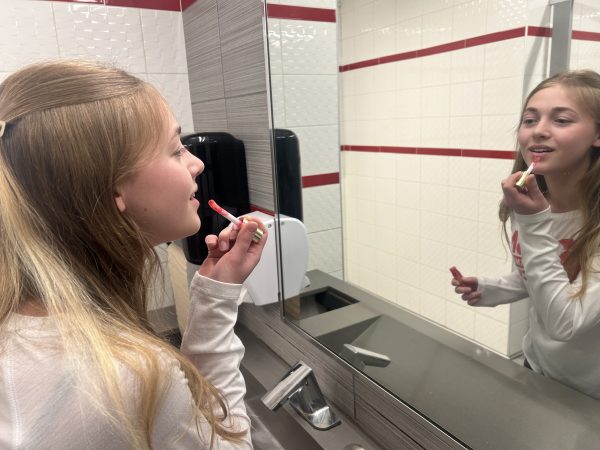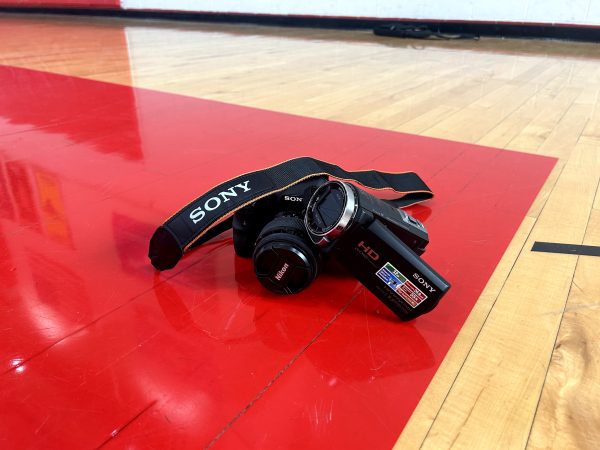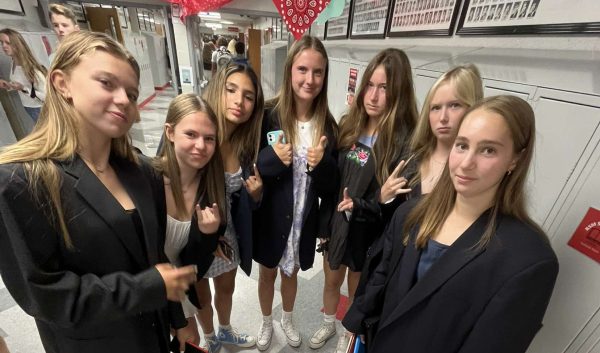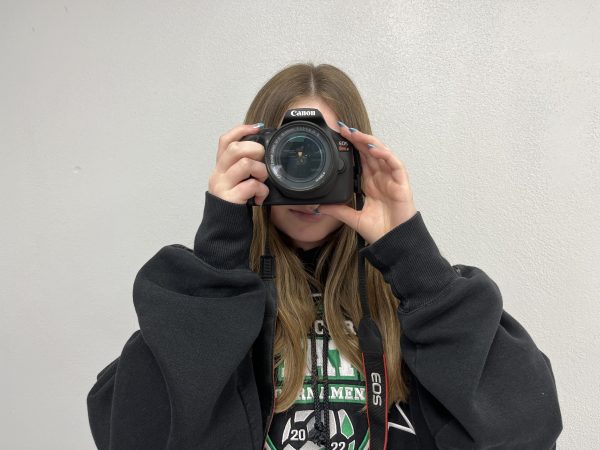Five BSM graduates attend service academies
BSM alumni choose to go to service academies rather than “traditional” colleges.
This past fall, BSM graduated five seniors who went on to attend service academies. Carston Swenson, Maria Satre, Sean McCullough, and Lauren McDonald now attend the United States Naval Academy. John Boase is a plebe (freshman) at the United States Military Academy at West Point. As one might expect, life at a military academy is vastly different from life at a normal civilian college. The academic rigor is very challenging; they are expected to stay physically fit, and the lifestyle is very strict and demanding.
The first distinction between a civilian college and life at a military academy begins in the summer of senior year. All five seniors had to leave their homes in early July to start boot camp. The six-week boot camp is a test of physical strength and endurance, mental sharpness and fortitude, and it tests the plebes obedience and ability to follow directions.
At the Naval Academy, the six-week ordeal is called Plebe Summer. At West Point, it is known as Beast. The respective military boot camps are designed to transition their incoming students from life as a civilian to life in the military. Plebe instructors or detailers are in complete control of the incoming plebes. They tell them when to wake up, when to eat, what to wear, where to sleep, when to exercise, and how they are allowed to talk. “It was rough, not going to lie. You never know what time it is, or what you are doing next. You have literally zero control over your own schedule and you just do what they tell you to for 50 days,” Satre said.
It was rough, not going to lie. You never know what time it is, or what you are doing next. You have literally zero control over your own schedule and you just do what they tell you to for 50 days.
— Maria Satre (17')
Academically, the academies challenge their students. At most other colleges, students can pick their schedules, so students don’t have class every day and often can elect to start later in the day. The academics are much more structured. There is class every single day for seven hours. It is similar to a high school class where students do not experience nearly as much freedom as they usually would in college. “I am currently taking 18.5 credit hours broken up into six classes. It is very challenging, not because of the content I am required to learn, but because of the huge workload I have to get through. To prepare myself for success I give myself enough time on large assignments to get them done right. The same is true with studying for Written Partial Reviews (tests),” Boase said.
Athletics and sports are required at the academies. Every student takes a bi-annual PRT or physical readiness test to prove to the military that they are physically fit and capable of handling the demands of military life. Students at the academies are required to be in a sport. The three levels of sport at the academies are varsity athletics (Division One), club sports which practice every day compete nationally, and company athletics or intramurals.
Swenson and Satre do company athletics. In addition to intramural volleyball, Satre is also a manager of the Varsity Girls’ Swim team. McCullough is a member of the Special Operations Team, a group of students who engage in rigorous workouts every single day focused on building up their physical and mental strength and endurance. Boase is a member of the triathlon team. He wakes up at 5 AM every single morning to go swim for an hour. In the afternoon, he either runs up to seven miles or goes biking up to thirty miles. “I am on Triathlon team. Practices are twice a day, long, and can be pretty grueling,” Boase said.
Lauren McDonald had a concussion first semester, but she plans on joining the marathon team once she is fully recovered.
I couldn’t imagine myself at a normal college; I would dislike it very much. It’s hard and you know that going in, but it’s incredibly rewarding because you know you’re doing something important and you make very close friendships very quickly.
— Maria Satre (17')
This past Thanksgiving, these Service Academy students were able to come home for the first time in five months. After such an enormous culture and life change, the visit home brought them back to civilian life––being able to wear normal civilian clothes that they could pick out, being able to sleep in, not having homework, and being able to eat whenever they wanted. “It felt really surreal because we’ve dreamed about going home for so long, to actually be there is amazing and weird at the same time. It is so awesome to see all your friends again though. Coming home was probably the best day of my life,” Satre said.
Although life at the academy is very challenging and a polar opposite of what most students experience in college, the BSM alumni at the academy say they wouldn’t change it for the world. “I couldn’t imagine myself at a normal college; I would dislike it very much. It’s hard and you know that going in, but it’s incredibly rewarding because you know you’re doing something important and you make very close friendships very quickly,” Satre said.


